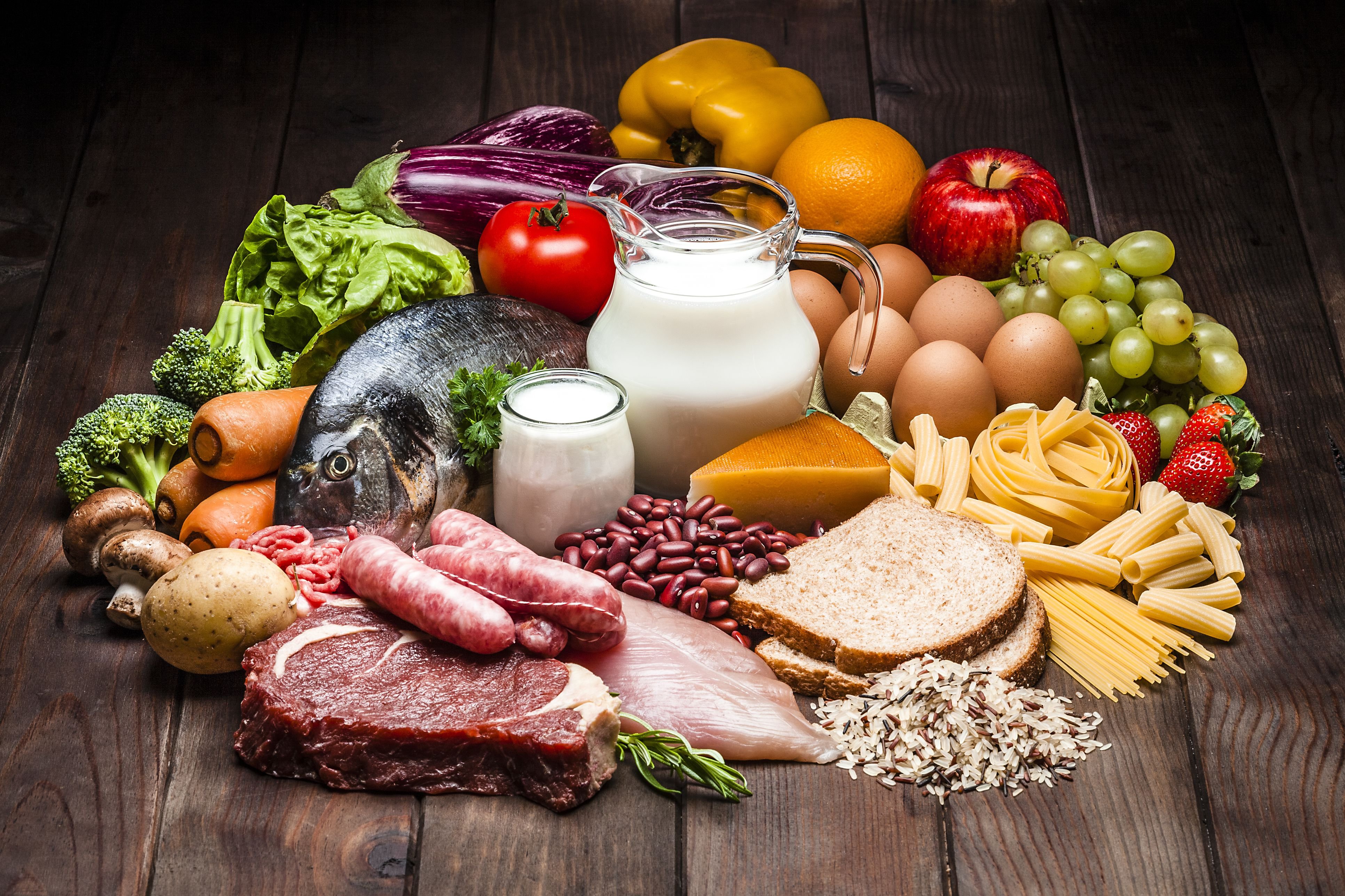
- calendar_month June 5, 2023
- folder Tid Bits
Sharing Tags
Altadena, Burbank, Glendale, La Canada, La Crescenta, Lake Balboa, Los Angeles, Montrose, Toluca Lake, Valley Village
Introduction:
Maintaining a healthy diet is essential for overall well-being and vitality in today's fast-paced world. We often hear about the importance of eating nutritious foods, but what makes food healthy? Join us as we delve into the world of healthy foods, unraveling the mysteries behind their nutritional benefits.
- Fresh Fruits and Vegetables:
One of the cornerstones of a healthy diet is incorporating an abundance of fresh fruits and vegetables. Packed with essential vitamins, minerals, and dietary fiber, these colorful wonders offer many health benefits. From leafy greens like spinach and kale to vibrant berries and citrus fruits, each variety provides unique nutrients that promote a robust immune system, healthy digestion, and overall vitality.
- Whole Grains:
Whole grains, such as brown rice, quinoa, and oats, are unprocessed grains that retain nutrient-rich bran and germ layers. These wholesome grains are excellent sources of dietary fiber, vitamins, minerals, and antioxidants. Consuming whole grains can help regulate blood sugar levels, support cardiovascular health, and provide sustained energy throughout the day.
- Lean Proteins:
Proteins are the building blocks of life and play a crucial role in repairing and maintaining our body tissues. Opting for lean protein sources like skinless poultry, fish, legumes, and tofu ensures a balanced intake of essential amino acids while reducing unhealthy fats. These protein-rich options promote muscle growth, manage weight, and contribute to a healthy metabolism.
- Healthy Fats:
Not all fats are created equal. Healthy fats, such as those found in avocados, nuts, seeds, and olive oil, are rich in monounsaturated and polyunsaturated fats. These fats are beneficial for heart health, as they can help reduce bad cholesterol levels and decrease the risk of heart disease. Including moderate amounts of healthy fats in your diet is essential for nutrient absorption and maintaining brain health.
- Dairy and Alternatives:
Dairy products like milk, yogurt, and cheese are excellent calcium, protein, and vitamin sources. However, for individuals with lactose intolerance or dietary preferences, various plant-based alternatives are available, including soy milk, almond milk, and coconut yogurt. These alternatives can provide similar nutrients and offer options for those following a vegan or lactose-free diet.
- Superfoods:
Superfoods have gained significant popularity for their unique nutrient profiles and health benefits. Examples include berries (rich in antioxidants), kale (packed with vitamins), salmon (a great source of omega-3 fatty acids), and chia seeds (loaded with fiber and healthy fats). While superfoods can provide an extra nutritional boost, it's important to remember that a varied diet with a range of healthy foods is vital to overall health.
Conclusion:
Adopting a diet rich in nutritious foods sets the foundation for a healthy lifestyle. By embracing fresh fruits and vegetables, whole grains, lean proteins, and healthy fats and incorporating dairy or alternatives, you can fuel your body with the essential nutrients it needs to thrive. Understanding the benefits of each food group empowers you to make informed choices, creating a well-rounded and satisfying meal plan. Remember, a healthy diet is not about deprivation but about nourishing your body, enhancing vitality, and enjoying optimal well-being. So, let's savor the wholesome foods' flavors and embark on a healthier, happier life.
